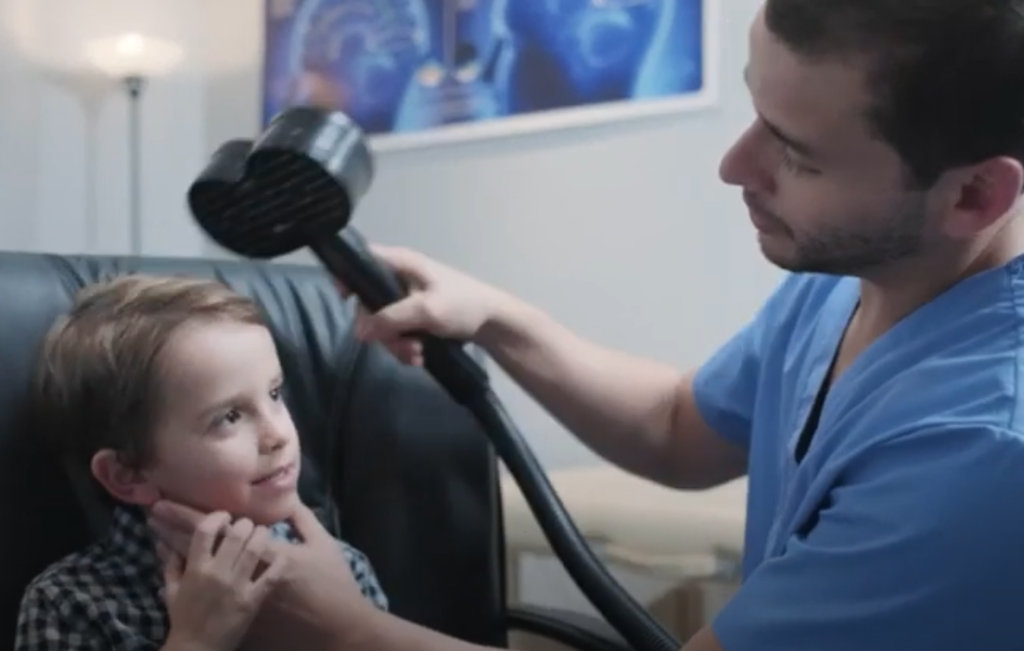
What Is Autism Regression?
Autism spectrum disorder (ASD) is a condition that affects communication, behavior, and social skills. Some children show signs of autism from infancy, while others develop typically before losing skills. This is called regression.
This sudden change can be alarming for parents. A child who once met milestones may start to:
- Stop talking or lose words they once used
- Avoid eye contact and social interaction
- Struggle with motor skills or coordination
- Show increased repetitive behaviors or sensitivities
Why Does Autism Regression Happen?
Research suggests several possible causes of autism regression, including:
- Environmental factors – Exposure to certain toxins or stressors
- Immune system changes – Illnesses or inflammation in the body
- Genetic influences – Some children may have a predisposition to regression
Some parents report noticing regression after certain illnesses, immune responses, or environmental exposures. If you have concerns about your child’s health history, consult a specialist to explore all potential factors.
A Parent’s Experience with Regression
Many parents feel overwhelmed when their child regresses. Tracy Slepcevic, an advocate and mother, shares her experience:
As a mother who has walked this journey, I know how overwhelming it can feel to witness a child experience regression after meeting all his milestones. And I will be the first person to tell you that ‘regression IS NOT normal.’ But I also know that hope exists. Healing and progress are possible by recognizing the symptoms early, taking action, and seeking solutions. This is not an easy task but this is how I earned the name Warrior Mom. My son Noah is now 19, works full-time, goes to school, drives a car and travels on his own.”
Tracy’s story reminds us that while regression is difficult, early action can help children regain skills and grow.
Key Steps to Take After Noticing Regression
If you suspect autism regression, here’s what you can do:
- Track changes – Write down when and how the regression started. Note any patterns.
- Talk to a specialist – Pediatricians, neurologists, and therapists can help assess your child.
- Consider therapy options – Some effective treatments include:
- Behavioral therapy (like ABA)
- Speech and occupational therapy
- Explore health factors – Diet, gut health, and sleep can all play a role.
- Brain-based treatments to improve function
How Brain Treatment Dallas Can Help

At Brain Treatment Dallas, we offer a breakthrough ASD treatment called MeRT (Magnetic e-Resonance Therapy). This non-invasive emerging neurological treatment uses gentle magnetic waves to stimulate exactly targeted areas of the brain to improve connectivity and function. With improved brain function, we have seen improvements in communication, independence, and learning in our patients with ASD.
Dr. Spencer Miller directs all MeRT treatment at our clinic here in Dallas and in Plano. Dr. Miller is a neurologist with many years of experience working with MeRT and a Trusted Autism Doctor.
Take Action Today
If you’ve noticed signs of regression in your child, don’t wait. The earlier you take action, the better the outcome can be. Contact Brain Treatment Dallas today to learn about your options and start your child’s journey toward progress.